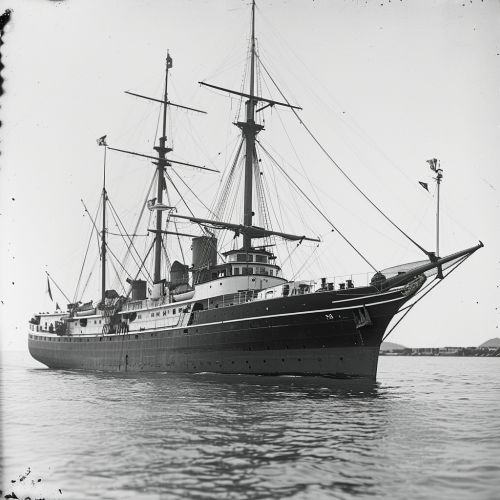First Sino-Japanese War
Background
The First Sino-Japanese War (1894–1895) was a significant conflict between the Qing Empire of China and the Empire of Japan over influence and control in Korea. The war marked the emergence of Japan as a world power and the decline of the Chinese empire.
Causes of the War
The main cause of the First Sino-Japanese War was the dispute over Korea. Korea was a tributary state of China but was seeking to modernize and become independent. Japan, on the other hand, was interested in expanding its influence and saw Korea as a strategic location. The Tonghak Rebellion in Korea in 1894 provided the spark for the war.


Course of the War
The war began with the Battle of Seonghwan on July 28, 1894. The Japanese forces, under the command of Yamagata Aritomo, had superior training and equipment, and they quickly gained the upper hand. The Chinese forces, led by Yuan Shikai, were unable to resist the Japanese advance.
Outcome and Aftermath
The war ended with the Treaty of Shimonoseki in April 1895. China recognized the independence of Korea and ceded Taiwan and the Pescadores Islands to Japan. The war marked the beginning of a period of Japanese expansion in East Asia.
Impact on China and Japan
The First Sino-Japanese War had profound effects on both China and Japan. For China, the war exposed the weakness of the Qing Dynasty and accelerated its decline. For Japan, the war marked its emergence as a world power and set the stage for its later expansion in Asia.
